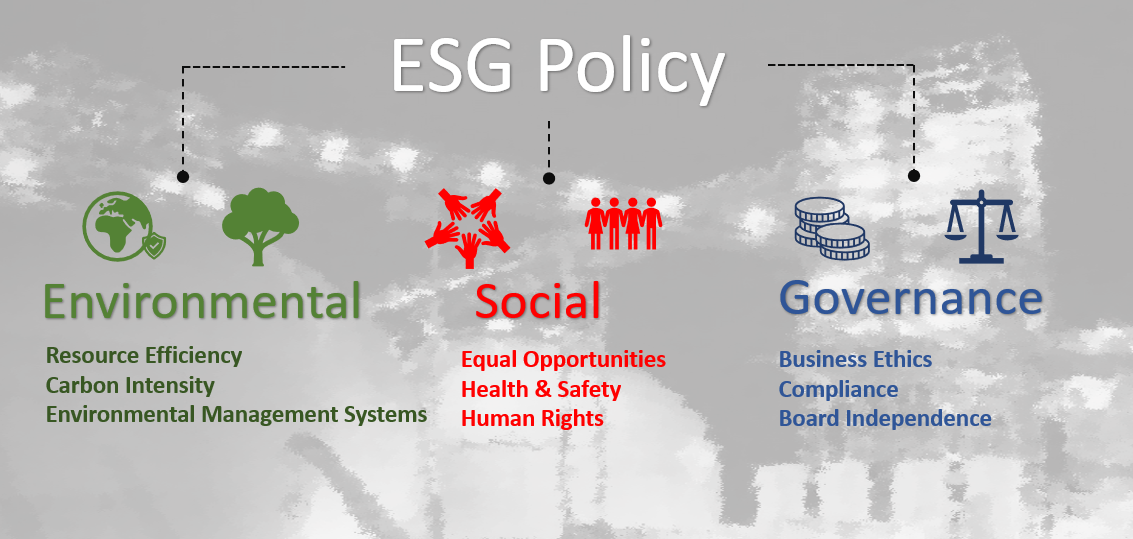
Sustainability reporting in Kenya is the practice of disclosing a company’s environmental, social, and governance (ESG) performance, demonstrating its commitment to sustainability. This form of reporting helps businesses measure and communicate their environmental impact, social contributions, and governance practices. Globally, sustainability reporting is becoming a critical tool for companies to showcase their dedication to responsible business practices while enhancing their transparency and accountability.
In Kenya, businesses are increasingly adopting sustainability reporting standards to align with international best practices and attract global investors.
What is Sustainability Reporting?
Sustainability reporting is the disclosure of a company’s activities that impact the environment, society, and governance. It is an essential tool for organizations to communicate their sustainability efforts to stakeholders, regulators, and investors. This type of reporting includes key performance indicators (KPIs) on issues such as:
- Environmental impact (e.g., carbon footprint, resource use)
- Social contributions (e.g., labor practices, community involvement)
- Governance (e.g., board diversity, ethics)
By preparing sustainability reports, companies showcase their long-term commitment to sustainable development and responsible business practices.
Contact Information:
For guidance on sustainability reporting in Kenya, contact info@michroniaconsultants.co.ke or call 0745 359397. Visit www.michroniaconsultants.co.ke for more information.
Importance of Sustainability Reporting
Sustainability reporting offers numerous benefits for businesses, including:
- Transparency: Sustainability reports provide stakeholders with insights into a company’s efforts to manage its environmental and social responsibilities.
- Investor Confidence: Investors are increasingly factoring in ESG performance when making decisions, and a solid sustainability report can help attract responsible investors.
- Risk Management: Sustainability reporting helps businesses identify potential risks related to climate change, resource use, and regulatory compliance.
- Compliance: In some industries and regions, sustainability reporting is a regulatory requirement, ensuring that companies meet legal obligations.
For Kenyan businesses, adopting sustainability reporting practices can enhance their competitive advantage and strengthen relationships with global investors.
Contact Information:
Reach out to info@michroniaconsultants.co.ke or call 0745 359397 to learn how to implement sustainability reporting in your company.
Common Frameworks for Sustainability Reporting
Sustainability reporting standards
Several internationally recognized frameworks guide sustainability reporting. These frameworks help businesses structure their reports in a consistent and comparable manner. Common sustainability reporting frameworks include:
- Global Reporting Initiative (GRI):
GRI provides a comprehensive framework for companies to report on their economic, environmental, and social impacts. - Sustainability Accounting Standards Board (SASB):
SASB offers industry-specific sustainability standards that focus on financially material sustainability issues. - Task Force on Climate-related Financial Disclosures (TCFD):
TCFD focuses on climate-related risks and opportunities, emphasizing their impact on financial performance. - Integrated Reporting (IR):
IR combines financial and non-financial performance, focusing on how sustainability impacts long-term value creation. - Carbon Disclosure Project (CDP):
CDP encourages companies to disclose their environmental impact, with a focus on carbon emissions, water use, and supply chain risks.
Contact Information:
For advice on selecting the right sustainability reporting framework for your business, reach out to info@michroniaconsultants.co.ke or call 0745 359397.
Sustainability Reporting vs. ESG Reporting
ESG reporting vs. sustainability reporting
While ESG reporting and sustainability reporting are closely related, there are some key differences:
- Sustainability reporting focuses on broader environmental, social, and governance impacts, including how these factors contribute to long-term business success.
- ESG reporting is more investor-focused and tends to emphasize how a company’s environmental and social risks affect its financial performance.
Both forms of reporting are essential for businesses looking to improve their transparency, attract investment, and meet regulatory requirements.
Contact Information:
For more information on the differences between ESG and sustainability reporting, contact info@michroniaconsultants.co.ke or call 0745 359397.
Sustainability Reporting in Kenya
Sustainability reporting in Kenya
In Kenya, sustainability reporting is gaining traction, especially among businesses seeking to align with international standards and attract global investors. Companies in industries such as agriculture, manufacturing, and financial services are increasingly adopting sustainability reporting frameworks to meet the demands of stakeholders and remain competitive.
Kenyan businesses can use sustainability reporting to showcase their contributions to environmental conservation, social responsibility, and good governance, which are crucial factors in today’s global market.
Contact Information:
For expert advice on implementing sustainability reporting in Kenya, contact info@michroniaconsultants.co.ke or call 0745 359397. Visit www.michroniaconsultants.co.ke for additional resources.
How to Get Started with Sustainability Reporting
If your business is new to sustainability reporting, the following steps can help you get started:
- Identify Key Areas: Focus on areas that are material to your business, such as carbon emissions, waste management, and social contributions.
- Select a Framework: Choose a sustainability reporting framework that aligns with your industry and stakeholder expectations (e.g., GRI, SASB).
- Collect Data: Gather relevant data on your company’s environmental and social performance.
- Engage Stakeholders: Involve stakeholders such as employees, investors, and customers in the reporting process.
- Publish Your Report: Create a comprehensive report that includes your company’s sustainability efforts, challenges, and goals.
Contact Information:
For more assistance on starting your sustainability reporting journey, contact info@michroniaconsultants.co.ke or call 0745 359397.
The Future of Sustainability Reporting
Sustainability reporting will continue to evolve as more companies recognize its importance. In Kenya, businesses will likely face increasing pressure to adopt sustainability reporting standards due to growing investor demand and regulatory requirements. Companies that embrace sustainability reporting early will be better positioned to navigate these changes and stay competitive in the market.
Contact Information:
Stay ahead of the curve by contacting info@michroniaconsultants.co.ke or calling 0745 359397 for expert sustainability reporting consultation. Visit www.michroniaconsultants.co.ke for more information.

